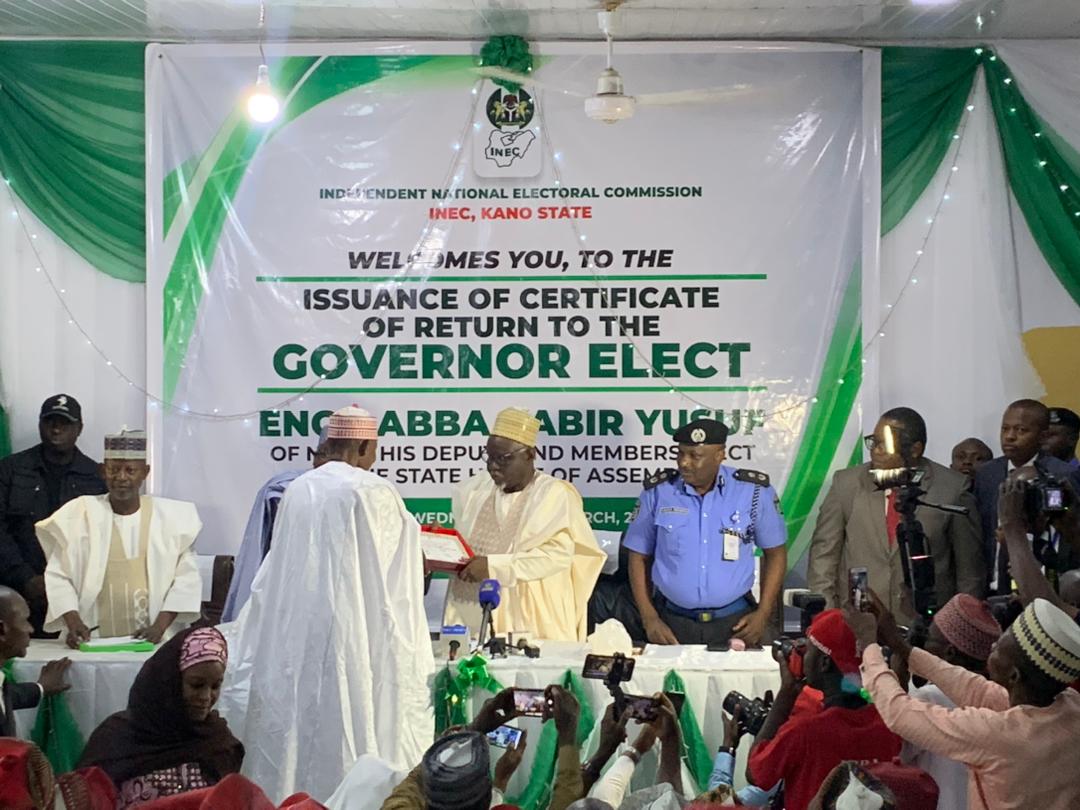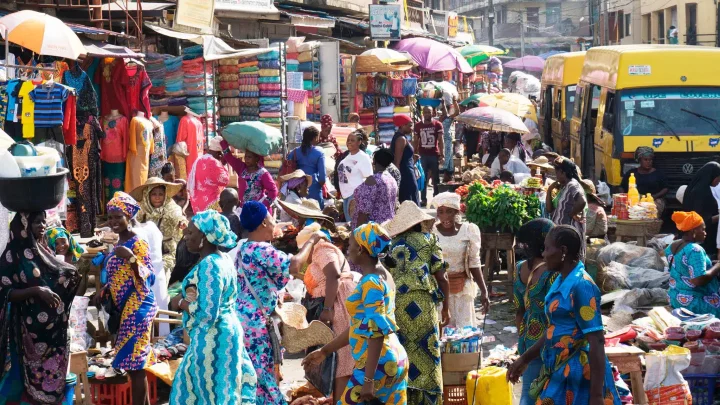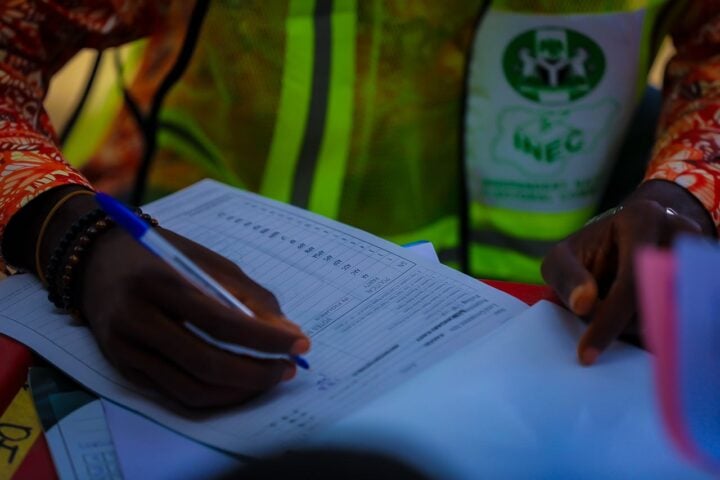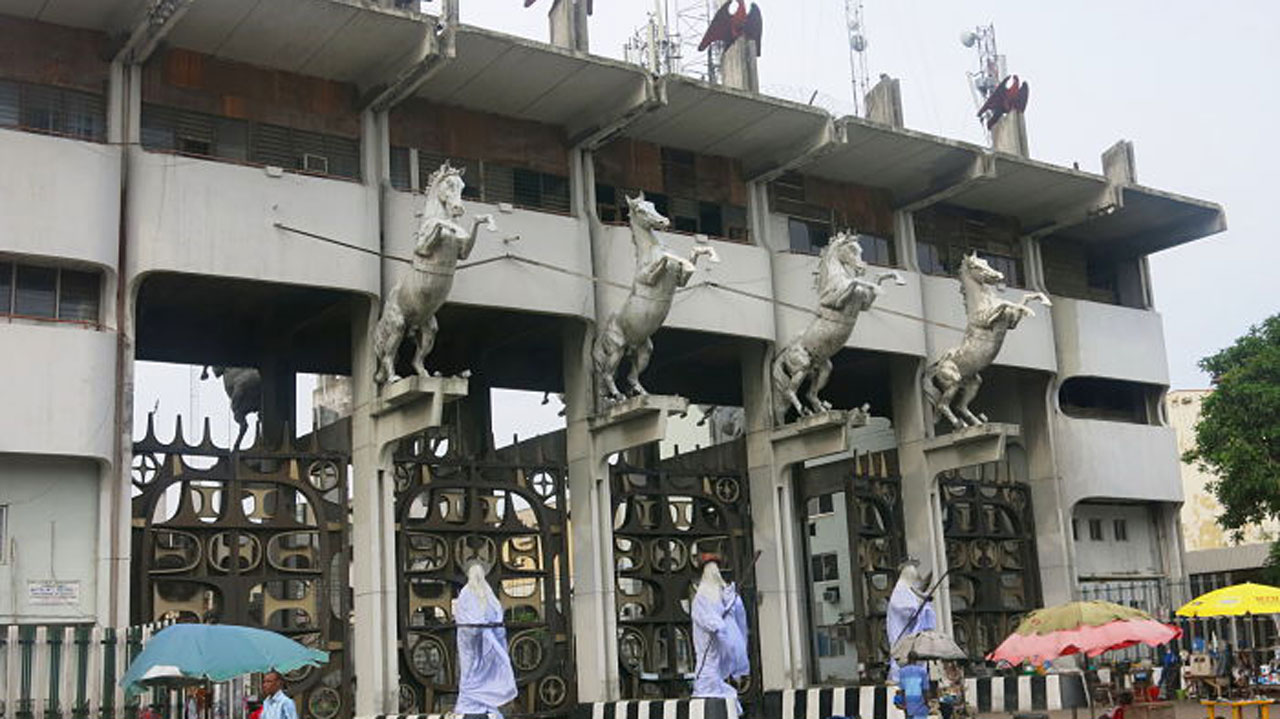BY DAHIRU MUHAMMAD HASHIM
Today, I write not only as a keen observer of political affairs but as a concerned citizen deeply troubled by recent ugly trends in our democratic landscape.
In the aftermath of the tribunal’s decision on the Kano state gubernatorial election, an urge to pen my thoughts gripped me. I hesitated, skeptical of the echoes of past similar cases and mistrials dismissed at the appellate courts for lack of merit.
My optimism peaked, believing the Kano case to be no exception. As the facts of the case were apparent to any keen observer like me, I did not doubt that the case was destined to meet a stern and total rejection from the lordships of the appeal court. All my hopes were dashed when the judges delivered their verdict which generated controversies across the nation and beyond. The whole judicial sector was brought under ridicule and intense scrutiny for such an openly biased but unexpected ruling.
Advertisement
In the wake of the contentious appeal court ruling, I cannot help but declare it a departure from justice. The courts, in their wisdom, have veered into the realm of perverse decisions. Both courts had affirmed in their several consistent rulings, one of which is Buhari V Obasanjo (2005), that a membership register is not the only proof of party membership. The courts further held that membership cards, candidate nomination forms, and even a statement on oath of a candidate affirming their party membership can stand to prove one’s party membership.
Membership, sponsorship, and nomination of candidates
It is clear that section 177 of the constitution of the Federal Republic of Nigeria 1999(as amended) spells out the qualification of the person who seeks the office of the governor of a state and section 182 CFRN spells out the disqualifications.
Advertisement
In section 177 (c) of the constitution, which is under contest, it is clear that the person is a member and sponsored by a political party and the court has held in lots of cases that membership and nomination of a political party are solely the internal affairs of the party see the case of SANI V. APC & ORS (2023)LPELR- 60002 Pp. 44-46, Paras. F-A.
However, when there is an irregularity or breach of the party constitution or guideline in the conduct of its primary and nomination, it is only an aspirant who participated in the primary that can challenge the process see the case of ODEY V. APC & ORS (2023) LPELR -60044 (SC) P. 21, Paras. A-B and IGWEMMA & ANOR V OBIDIGWE & ORS (2019) LPELR- 48112(SC) Pp. 23-26, Paras. A-B
Primary, nomination and party congresses are pre-election matters and do not fall under the provisions of Section 285(2) of the CFRN — see the case of ODEDO V. INEC & ORS (2008) LPELR-2204 (SC) Pp. 39-40, Paras. D-A.
Such a process is completed when INEC receives the necessary documents within the stipulated time from the political parties; GWEDE V. INEC & ORS (2014) LPELR-23763 (SC) P. 65, Paras. E-F*
Advertisement
Therefore the issue upon which the court of appeal finds its decision is not in line with the decision of the apex court decision in the case ONI & ANOR V. OYEBANJI & ORDS (2023) LPELR- 60699 (SC) Pp. 19-26, Paras. C-E and except the Supreme Court overrule itself, the judgment of the tribunal is likely to fall apart.
The court records clearly show that these documents were brought before the courts. The APC also tendered Abba Kabir Yusuf’s nomination form (EC9), wherein he swore before the High Court’s Commissioner of Oath that he was a member of the NNPP. This document (EC9), which was accompanied by Abba Yusuf’s NNPP membership card, was tendered at the tribunal by the APC and admitted by the tribunal as evidence.
Yet the judges, in their wisdom, decided to rule that they didn’t get the candidate’s nomination form or membership card that was already brought before them.
More intriguing is how the appeal court judges made a volte-face on the consistent stand that the issue of party membership is a pre-election matter and non-justiciable as far as the electoral laws are concerned. Even the tribunal had more sense of justice on this issue of party membership when it declared that such a matter is non-justiciable, in concurrence with prevailing rulings of the appellate courts on similar disposed cases.
Advertisement
Despite the tribunal and the controversial appeal court providing reasons for their verdicts, the underlying truth is stark—should this judgment stand at the apex court, the very essence of legal justice would be compromised.
To annul the voice of over a million voters based on mere conjectures and innuendoes of desperate rejected politicians is a direct affront to fundamental justice.
Advertisement
As inhabitants of a society bound by laws meant to safeguard our well-being, these laws are entrusted with the sacred duty of protecting our rights and liberties. The mammoth number of Kano residents who thronged polling booths and exercised their civic rights in favour of Abba committed no error.
Consequently, nullifying Abba’s victory due to alleged procedural missteps by the INEC’s irregular staff or NNPP’s perceived inadequacy transcends a mere oversight—it constitutes a monumental injustice.
Advertisement
Psychologists affirmed that the true weight of the law lies in upholding the fundamental legal objective established to safeguard fundamental human rights.
Following the judgments rendered by the lower courts, my earnest appeal to my lords, justices of the apex court, as well as the esteemed Chief Justice of Nigeria, is to, in their wisdom, meticulously weigh the gravity of the choice made by over one million Kano residents. It is imperative to uphold the sanctity of what the people have unequivocally voted for, thereby preserving the essence of democratic expression.
Advertisement
Hashim writes from Kano and can be reached via [email protected]
Views expressed by contributors are strictly personal and not of TheCable.
Add a comment






